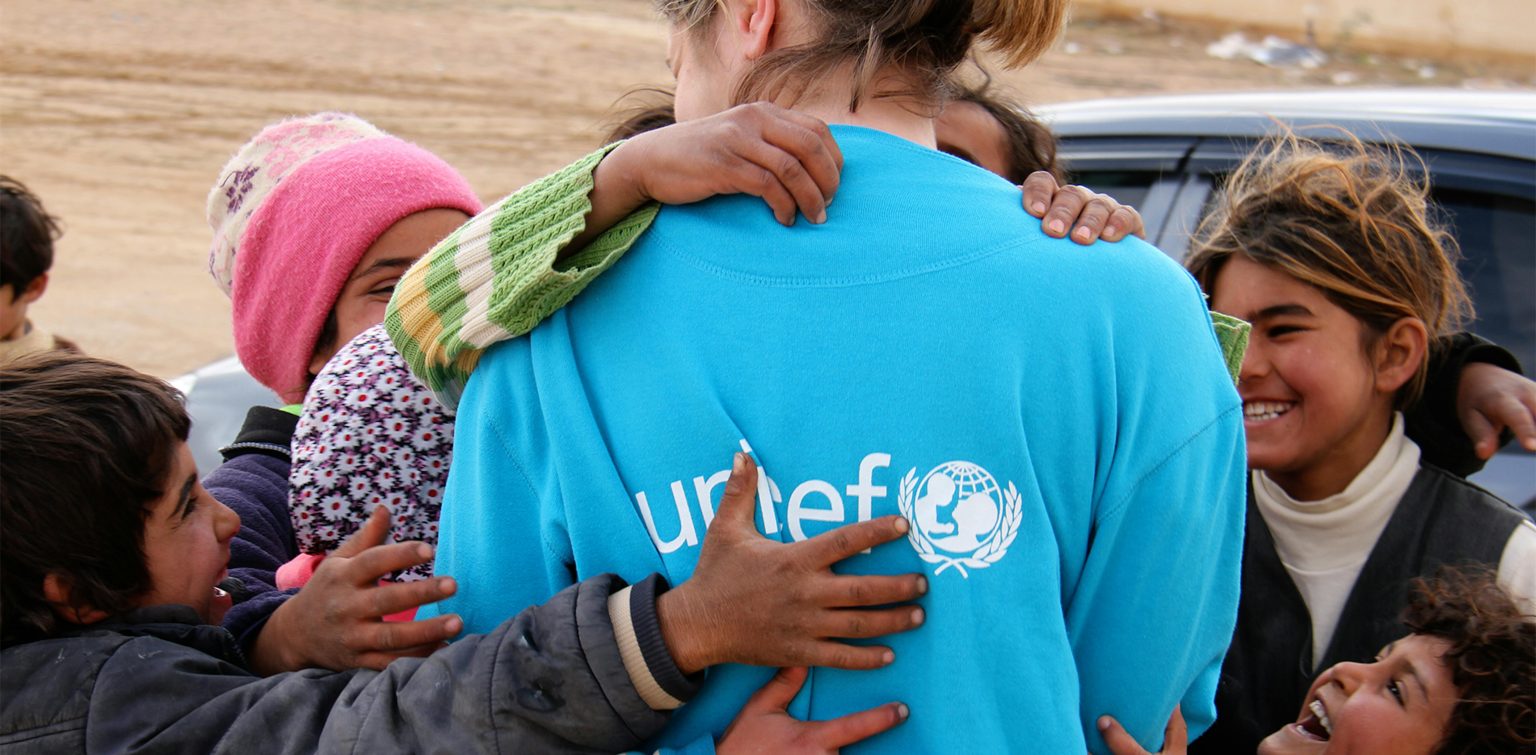Alarming new figures show that malnutrition among children in the Gaza Strip is worsening rapidly, with rates in August reaching record highs despite ongoing humanitarian efforts, says United Nations Children’s Fund (UNICEF).
This was contained on the release shared on Thursday in the statement shared on the agency website.
Across Gaza, screenings revealed that 13.5% of children were acutely malnourished last month, compared with 8.3% in July.
Gaza City remains the hardest hit, with nearly 19% of children suffering from acute malnutrition, a steep rise from 16% in the previous month.
According to Action Against Hunger, a non-governmental organization (NGO) defined famine as the most severe and catastrophic form of hunger crisis, resulting from extreme food shortages.
Humanitarian workers identified 12,800 malnourished children in August, only slightly fewer than July’s 13,000.
Aid groups caution, however, that the decline does not reflect improvement but rather the shrinking ability to screen children.
Ten outpatient centres in Gaza City and North Gaza were forced to close because of evacuation orders and escalating conflict, leaving thousands without access to essential checks and treatment.
The severity of the crisis is deepening. Nearly one in four children admitted in August was diagnosed with Severe Acute Malnutrition, the most life-threatening stage, almost double the proportion recorded six months ago.
UNICEF Executive Director Catherine Russell described the trend as “deeply concerning,” warning that “nutrition services must be protected” if children are to have a chance of survival.
She noted that while more supplies have been brought into Gaza, military escalation has made it increasingly difficult to deliver support.
The worsening situation also affects pregnant and breastfeeding women, many of whom lack adequate food and nutrition services.
This has contributed to a surge in underweight and premature births, now affecting one in five newborns in Gaza.
Although markets have seen some improvement in food availability following the limited resumption of commercial flows, essential goods remain scarce and unaffordable for the most vulnerable households.
UNICEF has called for an urgent increase in aid, the protection of health and nutrition centres, and the rehabilitation of essential services.
The agency has also urged Israel to allow the unhindered entry of humanitarian supplies and demanded the release of all hostages held by Hamas and other armed groups.



